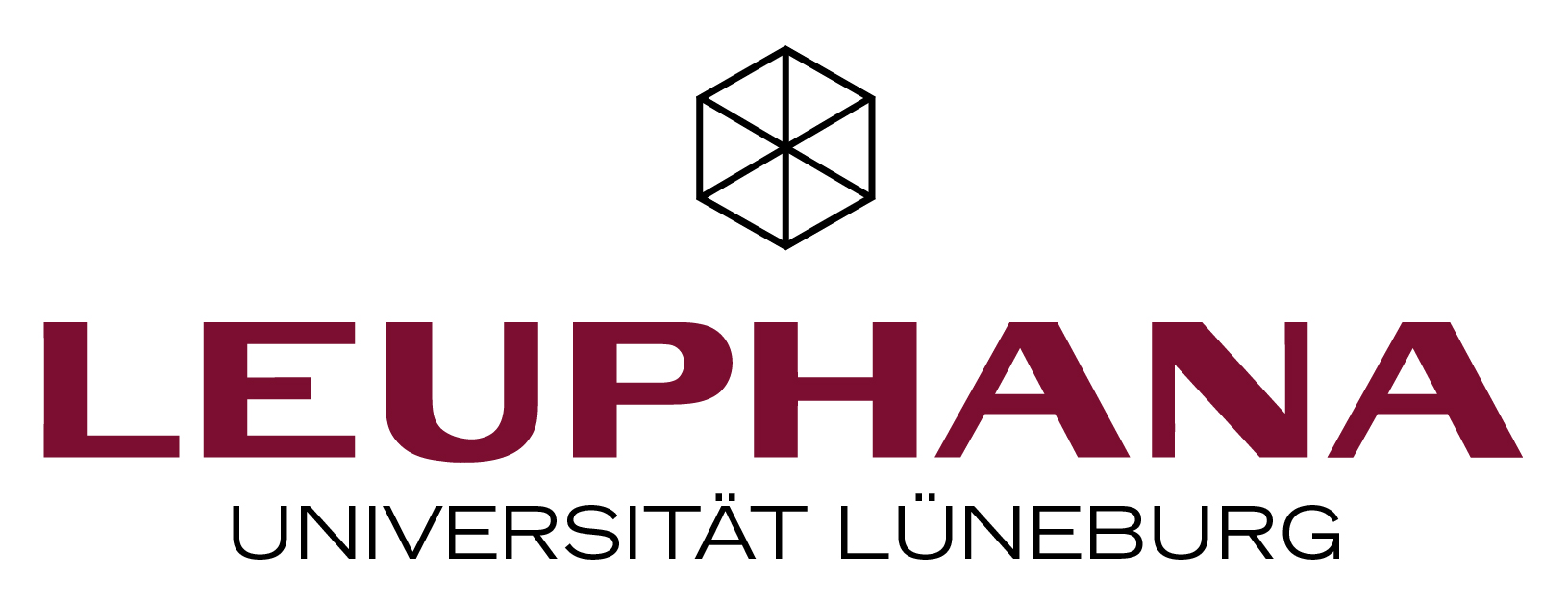Bitte benutzen Sie diese Kennung, um auf die Ressource zu verweisen:
https://doi.org/10.48548/pubdata-1421
| Ressourcentyp | Zeitschriftenartikel |
| Titel | Future ecosystem service provision under land-use change scenarios in southwestern Ethiopia |
| DOI | 10.48548/pubdata-1421 |
| Handle | 20.500.14123/1490 |
| Autor*in | Duguma, Dula Wakassa  0000-0003-4581-8351 0000-0003-4581-8351Brück, Maria  0000-0001-8656-8972 0000-0001-8656-8972Shumi, Girma  0000-0001-7386-6815 0000-0001-7386-6815Law, Elizabeth  0000-0003-4456-1259 0000-0003-4456-1259Benra, Felipe  0000-0003-2189-2186 0000-0003-2189-2186Schultner, Jannik  0000-0002-5865-7975 0000-0002-5865-7975Nemomissa, Sileshi  0000-0002-3665-0713 0000-0002-3665-0713Abson, David J.  0000-0003-3755-785X 0000-0003-3755-785XFischer, Joern  0000-0003-3187-8978 0000-0003-3187-8978 |
| Abstract | Continued pressure and transformation of land-use by humans are key drivers of biodiversity and ecosystem services (ES) loss. To determine the sustainability of possible future land-use practices, it is important to anticipate likely future changes to biodiversity and ES. This can help stakeholders and decision-makers to understand and assess the viability of current development policies and design alternative future pathways. Focusing on a biodiversity hotspot in southwestern Ethiopia, we considered four future land-use scenarios (namely: ‘Gain over grain’, ‘Coffee and conservation’, ‘Mining green gold’ and ‘Food first’ scenarios) that were developed in an earlier project via participatory scenario planning. We modelled and mapped the spatial distribution of six ES (erosion control, carbon storage, coffee production, crop production, livestock feed, and woody-plant richness) for the current landscape and the four scenarios. Our results show that potential ES changes differed strongly across the scenarios. Changes were strongest for land-use scenarios involving large-scale agricultural intensification; and changes were not uniformly distributed across the landscape. Smallholder farmers specializing on cash crops (‘Gain over grain’ scenario) would likely cause little change to ES generation, but major losses in ES would result from expanding either food or coffee production (‘Mining green gold’ and ‘Food first’). Finally, the ‘Coffee and conservation’ scenario appears to be the most sustainable scenario because it would secure diverse ES for the long term. Our findings provide valuable input for decision-makers and stakeholders and could help to identify sustainable land-use options. |
| Sprache | Englisch |
| Schlagwörter | Ecosystem; Services; Land Use; Large-scale Intensification; Spatial Mapping |
| Jahr der Veröffentlichung in PubData | 2024 |
| Art der Veröffentlichung | Zweitveröffentlichung |
| Publikationsversion | Veröffentlichte Version |
| Datum der Erstveröffentlichung | 2024-03-11 |
| Entstehungskontext | Forschung |
| Anmerkungen | This publication was funded by the German Research Foundation (DFG). |
| Veröffentlicht durch | Medien- und Informationszentrum, Leuphana Universität Lüneburg |
| Zugehörige Ressourcen |
Informationen zur Erstveröffentlichung
| Element | Wert |
|---|---|
| Ressourcentyp | Zeitschrift |
| Titel des Ressourcentyps | Ecosystems and People |
| Identifier | DOI: 10.1080/26395916.2024.2321613 |
| Band | 20 |
| Heft | 1 |
| Nummer | 2321613 |
| Nummerntyp | Artikel |
| Verlag / Anbieter | Taylor & Francis |
Dateien zu dieser Ressource:
| Datei | Beschreibung | Größe | Format | |
|---|---|---|---|---|
Duguma_Future_ecosystem_service_provision.pdf Lizenz: 
open-access | 8.72 MB | Adobe PDF | Öffnen/Anzeigen |
Alle Ressourcen in diesem Repository sind urheberrechtlich geschützt, soweit nicht anderweitig angezeigt.
Ansichten
Datensatz Exporte
Zugriffsstatistik
Seitenaufruf(e): 7
Download(s): 4

 BibTeX
BibTeX
 RIS
RIS
 Datacite XML
Datacite XML
 OpenAIRE4
OpenAIRE4